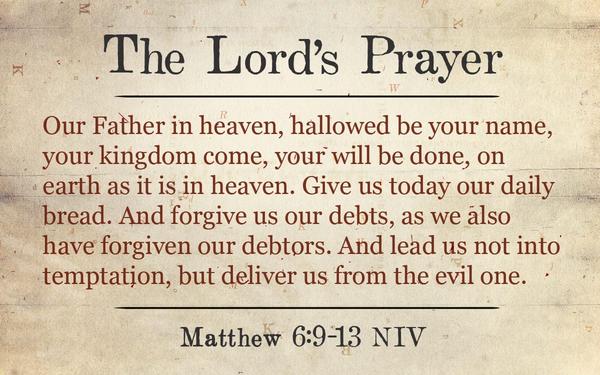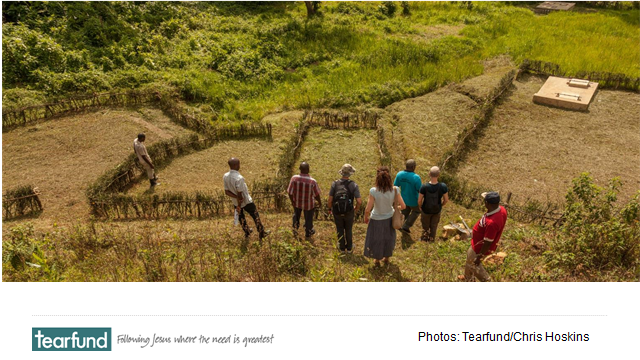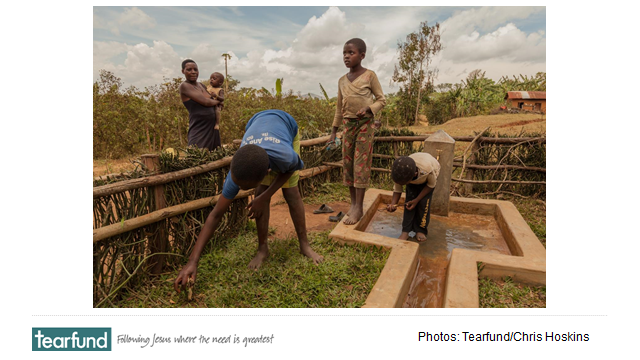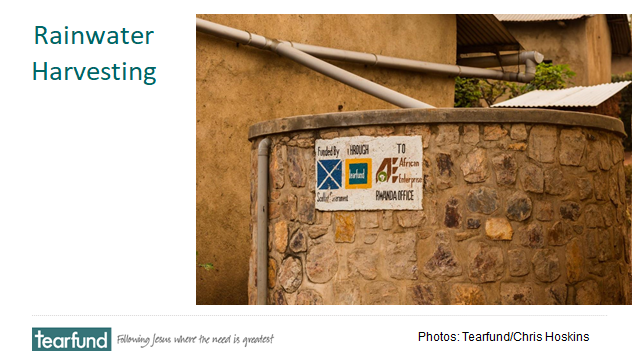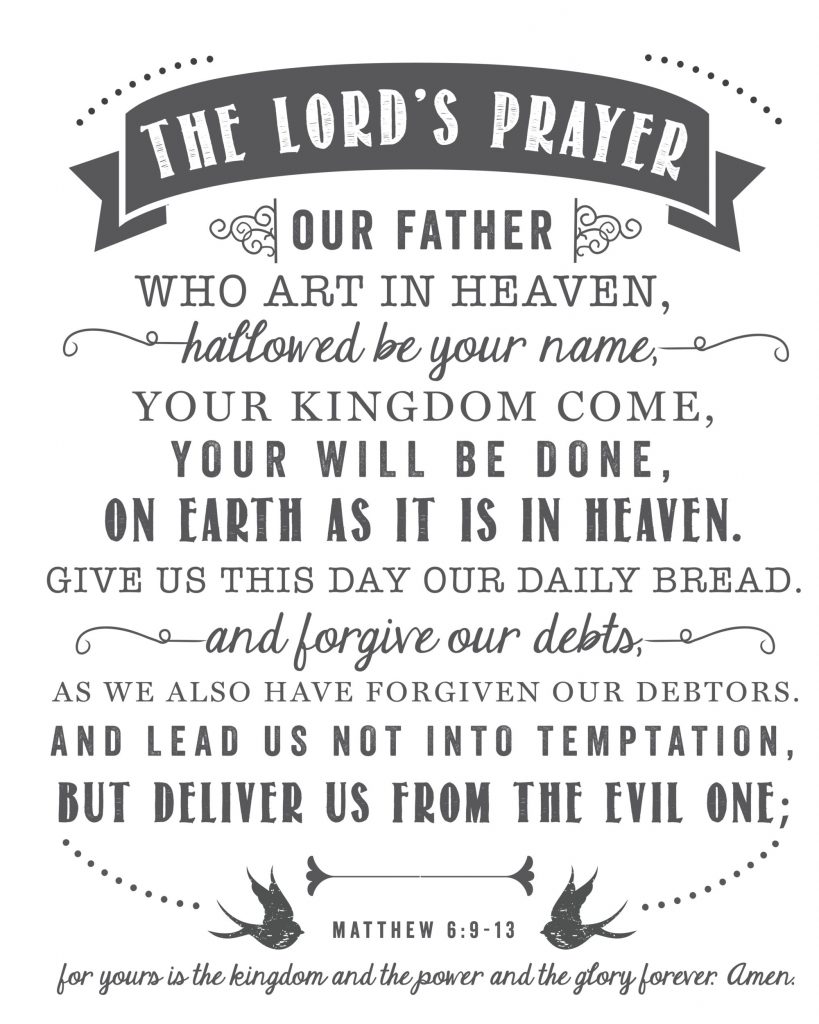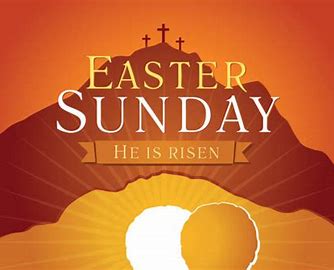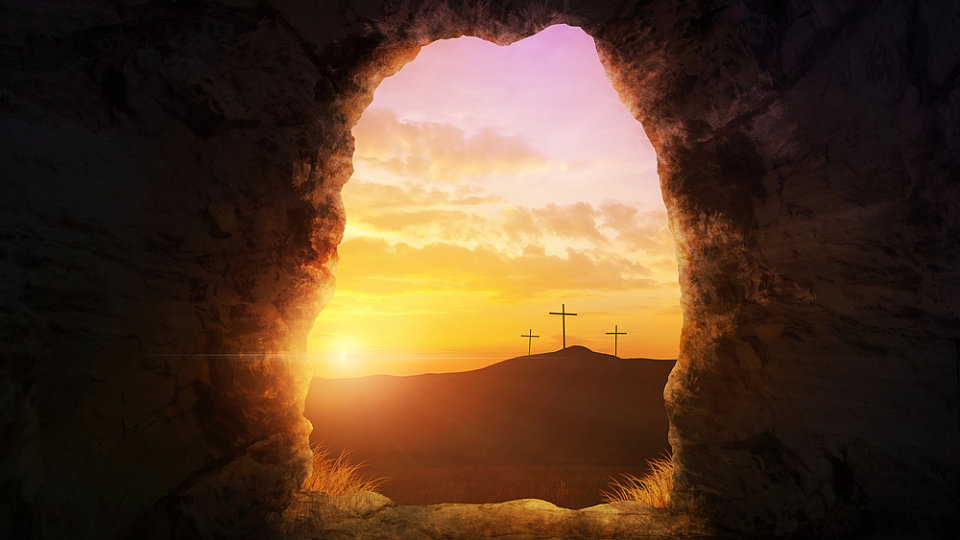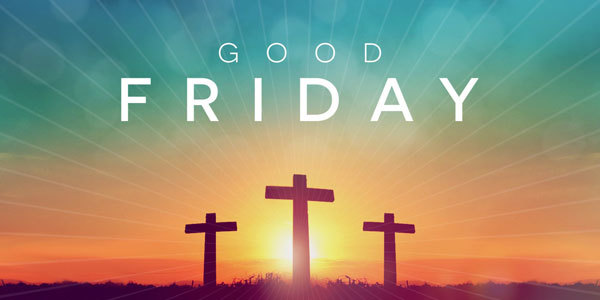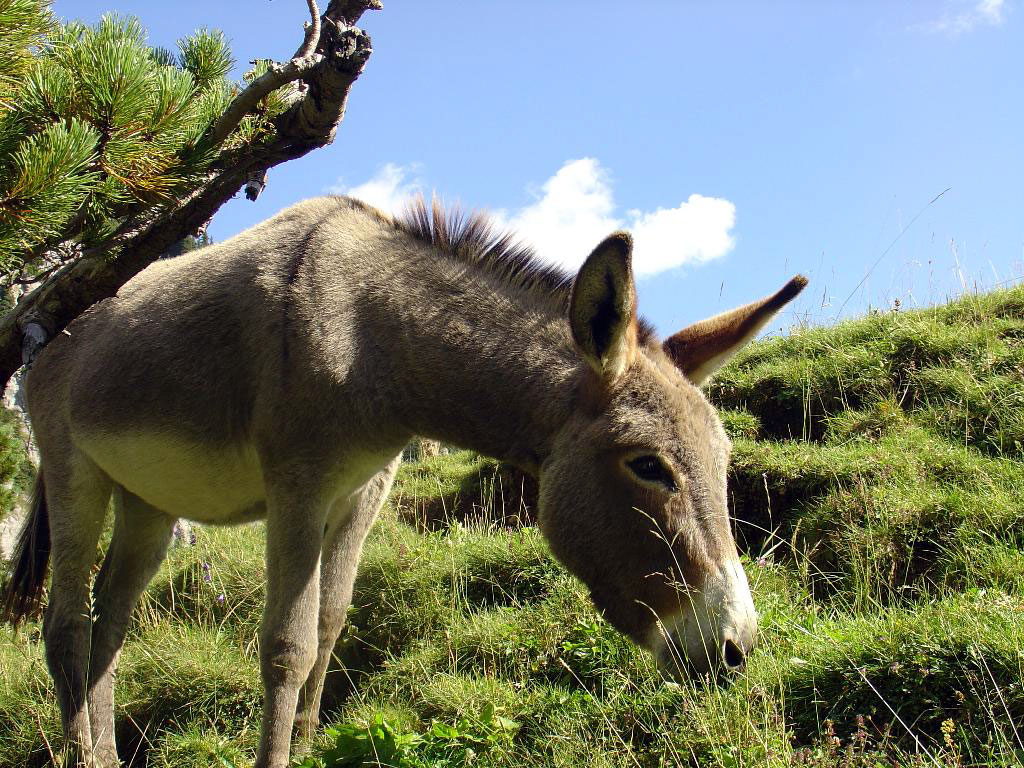JAM Kids’ focus: The Virtual Sunday School
JAM young adults have a separate programme JAM 11:30am-12:30pm
Please contact Gary Torbet on garytorbet@btinternet.com for more details.
Baptist Union of Scotland National Prayer Livestream
The monthly prayer livestream takes place next on Sunday 2 May, 2021 7.00–7.30pm.
This service is led today by Helen Rice
Call to worship: Psalm 25 (selection of verses)
Come, lift up your hearts to the Lord!
To You, O Lord, we lift up our hearts!
In You we trust!
Do not let us be put to shame.
Our God is full of compassionate love.He brings sinners back to His way,
and teaches the humble the way they should go.
Show us the right path, O Lord;
point out the way for us to follow.Lead us by Your truth, and teach us,
for You are the God who saves.
We put our hope in You!
Opening song of praise and worship
Opening Prayer:
Lord we come with joy in our hearts today assured by Your amazing love for us revealed through Your Son our Saviour Jesus. We come to You our Father both because we have been encouraged to do so by You, but also because as Your children we take delight in spending this short time at the start of each new week in Your presence alongside other members of Your family. Thank You for the grace that we have needed to get us through the past week. Thank You for Your patience in those times when we have failed to live for You as we should. At the start of another new week we come seeking the forgiveness of our sins and the fresh empowering by Your Holy Spirit to equip and enable us for all that lies before us. Speak we pray to our hearts and minds as we come to worship You today, in Jesus’ name we pray, Amen.
All Age Talk Helen Rice – Moses and the Burning Bush
When Moses was a young man, he was living as a prince in Egypt, but when he was older, he ran away from Egypt after committing a crime. Moses went from being a prince to being a pauper. Moses wandered in the desert, until he met and married his wife, and there he went to work as a Shepherd for his father-in-law. And that’s when something amazing happened!
One day whilst tending the flock of sheep Moses led the flock far into the wilderness and came to Sinai, the Mountain of God. There the angel of the Lord appeared to him in a blazing fire from the middle of a bush.
Moses stared in amazement, although the bush was engulfed in flames it didn’t burn up! Moses edged forward to check out this burning miracle, and as he got closer something even crazier happened, God spoke to Moses through the burning bush.
God said, “Moses! Moses!”
“Here I am”, Moses replied.
God said to Moses, “Do not come any closer, take off your sandals, for you are standing on Holy Ground. I am the God of your father, the God of Abraham, the God of Isaac and the God of Jacob.” When Moses heard this, he covered his face because he was afraid to look at God.
Can you imagine Moses confusion? A bush is on fire, but not really! And then a voice calls out his name!
God continued to speak to Moses, “You are Moses, the man I have chosen to lead my people out of Egypt.” At this time God’s people, the Israelites were living in slavery in Egypt. God wanted Moses to lead them out of Egypt and to set his people free.
Moses cried, “But I’ve been kicked out of Egypt I can’t just go back!”
Moses thought God had chosen the wrong guy! Moses said, “Who am I to lead the people out of Egypt?” God replied, “You must do it Moses, I have heard my peoples’ cries. I have chosen you to lead them and I will be with you. I will lead them out to a good fertile land.”
Moses was worried, “What if they won’t believe me?” “Throw your staff on the ground”, God instructed. Moses threw his staff down and it turned into a wriggling snake.
Then God ordered him to pick it up. Moses wrapped a shaking hand around the snake, and it turned back into his staff. God told him, “This is so the Israelites will believe the Lord appeared to you.”
God then told Moses to put his hand inside his cloak. When he took his hand back out it was covered in a skin disease. God then instructed Moses to put his hand back into his cloak. So, Moses put his hand back into his cloak and when he took it out again his hand was healthy like the rest of his skin.
God said, “If they still don’t believe you after these two signs, take some water from the Nile, pour it onto the ground and it will turn to blood.”
Moses needed to be brave and to depend on God. Even though Moses was scared he had to trust that God would give him the strength, courage and means to lead the people out of slavery.
So, what about you, is there something that makes you scared?
In the Bible in Hebrews 13 verse 6, it says this:
“So, we can say with confidence, “The Lord is my helper so I will have no fear. What can mere people do to me?”
As Christians we need to trust that God will meet all our needs.
Song: ‘Confidence’
Prayers for others
Heavenly Father,
We continue to remember in our prayersour Queen Elizabeth II as she continues to serve our country at the remarkable age of ninety-five and pray for Your comfort for her and her family at this time of loss. We also remember the families of those who continue to die week by week during what we hope are the later stages of this virus pandemic. We pray for Your comfort and support for all concerned. We pray for wisdom for the NHS staff as they adjust to the changing environment allowing more operations and treatments to resume after the restrictions over the past year.
We come with deep concern for the country of India with its alarming numbers of new cases of the virus and the increasing inability of the hospitals to cope with the growing numbers of cases and the many patients simply waiting with family members outside hospitals as there is literally no space for them inside. Lord have mercy upon them at this time.
We pray too for the citizens of countries suffering great hardship due to the brutal military regime in Myanmar or Islamic terrorism in Mozambique as well as the civil war in Chad. Lord have mercy upon them.
In our own land we come with grateful thanks for the further decrease in reported cases of the virus and the low numbers gaining treatment for it in hospitals. We pray for wisdom for us all as citizens as we enjoy the return of many sectors of society that had been on hold for the last few months. We pray too for many businesses as they reopen that they may be able to re-establish themselves and for workers furloughed to be able soon to return back to their work.
We pray for the following chaplains and churches:
Andrew Oliver (Chaplain, Royal Scots Dragoon Guards) – The next 12 months is a very busy time for the regiment with lots of time away from home training in preparation for deployments overseas. Andrew asks: ‘Please pray for me as I minister into this and in particular for opportunities to share the gospel. This is potentially a year of change for us as a family with the likelihood of another move in November. Please pray that the Lord will prepare the way especially for our children.’
Culloden-Balloch BC – They give thanks for the church fellowship in Culloden. We pray for the church as they seek to live for Jesus and bring others to Him in both Culloden and Balloch.
Cumbernauld BC – They give thanks to God for the safe keeping of all their church members during the past year. They have been unable to meet but have utilised online services and the Baptist Union of Scotland Prayer Live. They ask for God’s guidance in the months ahead as they prepare to open and seek direction in knowing God’s will for them as a church in the community they serve.
Cupar BC – They acknowledge that they have been adversely affected by the lockdown. They invite us to pray that they will know the Lord’s will for the way forward as a fellowship and that He will build them up again. They give thanks for the faithful support of their interim Moderator.
We bring all these prayers before you in Jesus’ name,
Amen.
Bible Reading II Corinthians 8:16-24
Thanks be to God, who put into the heart of Titus the same concern I have for you. 17 For Titus not only welcomed our appeal, but he is coming to you with much enthusiasm and on his own initiative. 18 And we are sending along with him the brother who is praised by all the churches for his service to the gospel.
19 What is more, he was chosen by the churches to accompany us as we carry the offering, which we administer in order to honour the Lord himself and to show our eagerness to help. 20 We want to avoid any criticism of the way we administer this liberal gift. 21 For we are taking pains to do what is right, not only in the eyes of the Lord but also in the eyes of man.
22 In addition, we are sending with them our brother who has often proved to us in many ways that he is zealous, and now even more so because of his great confidence in you. 23 As for Titus, he is my partner and fellow worker among you; as for our brothers, they are representatives of the churches and an honour to Christ. 24 Therefore show these men the proof of your love and the reason for our pride in you, so that the churches can see it.
Before we come to listen to God’s Word let us sing: ‘Christ is mine for evermore’
The Message
II Corinthians 8:16-24 The importance of integrity in Christian service
Introduction
A man named Salvatore Scumace who was a civil servant in the southern Italian city of Catanzaro was appointed to work as a fire safety officer in the city hospital in 2005. In the months to the present day he has been paid in euros approximately £464,000. His disciplinary record is excellent. Apparently, he only had one disagreement with his line manager. I can tell every reader of this paragraph will be waiting for the catch, and with good reason.
In April 2021 a lengthy police investigation into corruption in the Italian public sector suspended a number of senior managers from their posts at the hospital and began to look more closely at the records of other employees as well. This man decided to stop going to work in 2005. His one disagreement with his then line manager was over their threat to report him for non-attendance at work. They never did report him. He is now ‘helping the police with their enquiries’ along with fifty-seven other hospital employees and facing some serious criminal charges. There appears to have been a major breakdown in the quality of governance in that hospital. [The Times 22 April 2021]
The tragedy is that it is only one of many examples that could be cited. One of the best known stories of serious professional misconduct from the UK in the last year relates to the materials used in the cladding at the Grenfell Tower and many other high rise tower blocks in our country. The tragedy of the fire in that tower in London in 2017 might have been avoided had the correct materials been used in the construction of that building.
Integrity – does it really matter? Do my words matter? What about my conduct? Does anyone care if the way I live is seriously contrasting with the words I speak? The answer of course is yes! What we say and how we say it is important. The connection between our words and our actions is also of vital importance. Imagine a financial adviser telling clients to place their life savings in a particular investment scheme while at the same time pulling out all his or her own money from it days before it collapsed.
Words and integrity matter! Imagine a doctor telling you that your worst fears are realised and you need surgery to make things better. They offer to conduct that surgery successfully for you in the next few days. What decision do you make? It depends on their track record. If former patients report being worse off, not better, or even worse die as a result of that surgical procedure then your enthusiasm for proceeding is likely to diminish. However, if the opposite is true and former patients testify of the good results from that doctor’s work then their words will carry extra weight as you consider whether to go ahead with the procedure yourself.
Here in Scotland we will soon have a parliamentary election and many promises are being made by our politicians. The weight we place on their words on election literature or spoken in public events will go a long way to determining how we place our cross on the ballot paper on May 6.
In this second letter to the church at Corinth we can feel the tension that exists as Paul and these ‘false apostles’ from Jerusalem battle for the hearts and minds of this congregation in Greece. Who do they trust? Whose words will they heed? It is of crucial importance because their eternal destiny might be at stake. To us, it is so obvious that it should be Paul as the leader of the church-planting team that first brought the good news of Jesus to Corinth. Surely they can see that he has consistently practised what he has preached over the years? The answer will be ‘yes’, at least a majority of the congregation did, but the outcome was in doubt for some time until Titus reported back to Paul to confirm what had been going on in the church.
Our integrity really matters. In this context the issue under discussion was the probable claim by the false apostles visiting Corinth that Paul could not be trusted over handling all the money being donated to help struggling Christians in Judea. How did Paul demonstrate his integrity and that of his mission team in this important work?
1. The first identified person – Titus (II Corinthians 8:16-17)
16 Thanks be to God, who put into the heart of Titus the same concern I have for you. 17 For Titus not only welcomed our appeal, but he is coming to you with much enthusiasm and on his own initiative.
A key thing was that he, Paul, was not directly involved in counting or handling the funds raised. There were three identified individuals entrusted to handle this large sum of money. Paul knew that it was much easier for him to appeal for financial assistance for this aid appeal in person or by letter if he was not profiting from the collection and because others had been set apart for the accomplishment of this task. By this wise step the suspicions raised concerning him by these false apostles was dismissed straightaway.
The congregation in Corinth was given clear evidence that the care Paul had taken previously over the handling of finances in his mission work had been maintained in this new venture. Paul was not only doing what was right, but operating in a manner that ensured everyone could see he was conducting this appeal appropriately as well. Titus had come to faith some years before and then joined Paul’s mission teams.
He was a dedicated Christian and faithfully carried out the work entrusted to his care. I thank God for the many Christians in our church, and other churches at home and in other countries who faithfully carry out so many different forms of Christian service. However, of course it is not just in churches, but in every workplace or sports team. Everyone has to play their part effectively or things can go wrong quite quickly. It is a reminder that the celebrity culture that is so familiar in our world today is not healthy. It is particularly harmful when it invades the Christian community. We are all servants of the greatest servant of God on earth, the Lord Jesus Himself. He made Himself nothing, taking the very nature of a servant. And being found in appearance as a man, He humbled Himself and became obedient to death, even death on a cross in our place (Philippians 2:7-8).
Titus took such a delight in accomplishing the tasks entrusted to Him that must have brought joy in heaven in the heart of our heavenly Father. I hope and pray that each of us may carry out our service for the Lord with a similar heart-felt enthusiasm.
Paul knew that Titus could model both integrity and enthusiasm in his Christian service while in Corinth. The message that comes from that so clearly is that we don’t always have to use a lot of words; sometimes living out what we profess is more powerful. Titus could be trusted by Paul and in return Titus had confidence in Paul otherwise their partnership in the gospel would not have worked so well. It is very likely that Titus was the leader of this trio of people entrusted with collecting the money raised by the churches and ensuring its safe delivery in Jerusalem at the end of their long journey in the Mediterranean world.
2. The second identified person who is unnamed (II Corinthians 8:18-21)
18 And we are sending along with him the brother who is praised by all the churches for his service to the gospel. 19 What is more, he was chosen by the churches to accompany us as we carry the offering, which we administer in order to honour the Lord himself and to show our eagerness to help. 20 We want to avoid any criticism of the way we administer this liberal gift. 21 For we are taking pains to do what is right, not only in the eyes of the Lord but also in the eyes of man.
Who is the second person who was entrusted with carrying out this mission? We do not know who it might have been. There are two clues to his identity. The first is stated in verse 18: the brother who is praised by all the churches for his service to the gospel. This unnamed individual must have been on Paul’s mission teams that were involved in planting the Christian churches in Greece. To be praised by all the churches implies a long-standing team member who had spent years travelling with Paul on his missionary journeys. This person was, therefore, well known and highly respected in these different congregations. His Christian commitment and personal integrity were clear to all concerned.
Therefore, this person was an ideal choice for this task and their apparent willingness to undertake it made them a good choice for the apostle to make. The burning question of course relates to the identity of this person. We do not know who it was. This is the only certainty. Church leaders and Bible commentators in subsequent centuries have offered a variety of names that cover a high proportion of named team members from Paul’s letters. These include Barnabas, Paul’s earliest companion on missionary journeys, though I would suggest this is most unlikely as he would have been quite old by the time of this lengthy journey. Silas, one of Paul’s most regular companions in his earlier years of church-planting, could have been a strong candidate, but he has already been named in this letter (II Corinthians 1:19) because he was well-known in Corinth having been there with Paul for eighteen months when the church was first-planted along with Timothy and Titus two other experienced companions of Paul.
It is inexplicable that either Silas or Timothy would have been a team member, but not be named by Paul in this context. Other names include two members of the church in Thessalonica who regularly accompanied Paul, Aristarchus (Acts 19:29) and Secundus (Acts 20:4); or Sopater from the church in Berea (Acts 20:4); two Turkish colleagues Trophimus (Acts 21:29) and Tychicus (Colossians 4:7-9) have also been suggested. The most popular suggestion by far is that it was Luke, Paul’s close friend and doctor, who accompanied him on many of his missions and wrote about a number of them in the book of Acts in the familiar ‘we’ passages in Acts that indicated his personal involvement in those particular events. Yet at the end of the day we cannot identify this person with certainty.
There is, though, a masterstroke by the apostle Paul in the decision making process regarding this fund-raising tour. This second unnamed individual was not only well respected as a Christian and honoured for the work he put into serving the Lord, but he was also selected as their representative on behalf of the churches in the region of Macedonia. II Corinthians 8:19 states:
What is more, he was chosen by the churches to accompany us as we carry the offering, which we administer in order to honour the Lord Himself and to show our eagerness to help.
This person was selected by them to keep a record of which churches participated in the collection; how much they gave and presumably at the end the total amount handed over to the church leaders in Jerusalem (Acts 21:17). Personal integrity in the handling of finance is and always has been an incredibly sensitive topic down the centuries. This is why as a church we have always been so careful to ensure transparency and accuracy in the recording of donations received and in the presentation of the annual accounts. Bible commentator William Barclay made this memorable comment: ‘It is a most interesting thing to note that this same Paul who could write like a lyric poet and think like a theologian could, when necessary, act with the meticulous accuracy and care of a chartered accountant. Paul was a big enough man to do the little things and the practical, things supremely well.’ (William Barclay, Galatians, I & II Thessalonians; I & II Corinthians, p. 363)
The gathered meetings of the local churches discussed this matter and presumably through some form of correspondence came to a common mind as to who should be their official representative. The fact that Paul explains this process to the church in Corinth suggests that they had not been a party to this decision-making process. However, it was probably crucial in persuading them that great care had been taken by Paul to ensure that the full collection arrived at its intended destination. The principle behind this action is so applicable to our work and witness today.
3. The third identified person who is also unnamed (II Corinthians 8:22)
22 In addition, we are sending with them our brother who has often proved to us in many ways that he is zealous, and now even more so because of his great confidence in you. Paul could have said two people are sufficient for this work, namely his named representative Titus who was the leader of this delegation that visited the churches in Greece and a second person chosen by the local congregations. However, in view of the fact that the sum raised was probably a large one and was in coins. It could be heavy to carry and noticeable to other travellers on the roads or boats on which they journeyed to Jerusalem.
Therefore, asking a third person to join them on the journey to provide both added security and companionship seemed a wise step to take. In our world of cheques and card payments, and even more recently bank transfers through online banking, it would have been so much easier to forward money to the needy people in the Holy Land. Again this third brother is not named, but it seems that Paul thinks the Corinthians will regard this person as another good choice for this mission trip.
The principle of course is so clear to us that in God’s work we must not only do what is right but be seen to do so, taking every step to demonstrate personal and collective integrity. In the USA where a much higher proportion of the population are church members or professing Christians, some Christian ministries or churches have remarkably high incomes. The temptations to those involved in handling such large sums of money, if there is a less than adequate system of accountability in place, has sadly been too great on too many occasions.
The sad events of mismanagement at a number of the Hillsong congregations in the USA in the last year [various online sources] are a sobering reminder of why each Christian and churches in general need to demonstrate integrity and accountability in their activities. Two thousand years ago the apostle Paul knew all too well how important it is to maintain the highest standards of conduct to avoid bringing dishonour on God’s name.
4. The commendation from Paul (II Corinthians 8:23-24)
23 As for Titus, he is my partner and fellow worker among you; as for our brothers, they are representatives of the churches and an honour to Christ. 24 Therefore show these men the proof of your love and the reason for our pride in you, so that the churches can see it.
Paul concluded this section of his letter with these words summing up his confidence in the three representatives that would soon visit Corinth. The poorer churches in Macedonia had already collected their incredibly generous donations to the needy believers in Judea. The church in Corinth who had started to collect money some time earlier during Titus’ visit (see II Corinthians 8:6-7), were now given a big encouragement to finish their fund-raising and to be at least as generous as these other congregations. There had been a crisis due to a famine in Judea. It appears that relationships between Jewish and Gentile followers of Jesus had been quite distant from one another due to religious, cultural and linguistic differences. However, this visionary plan of Paul for famine relief, and the honouring of his commitment to the leaders of the church in Jerusalem to provide funds for the assistance of the poor and needy in Judea (Galatians 2:10) was a means of bringing the churches much closer together in Christian service. It was also a good public witness of care for one another. Within Greece, it appears the churches all participated in this plan, but most crucially the wise way Paul planned it demonstrated his personal integrity in Christian service to all concerned. It is a reminder to us today that what we say and do go together, and an important aspect of our public witness for the Lord, Amen.
Our song before we come to communion is: ‘Before the Throne of God Above’
The Lord’s Supper
Jesus invites all Christian who have committed their lives to follow Him to participate in this act of worship. The apostle Paul wrote these words of Scripture in I Corinthians 11:23-26 to guide our observance of Communion.
For I received from the Lord what I also passed on to you: the Lord Jesus, on the night He was betrayed, took bread, 24 and when He had given thanks, He broke it and said, ‘This is My body, which is for you; do this in remembrance of Me.’ 25 In the same way, after supper He took the cup, saying, ‘This cup is the new covenant in My blood; do this, whenever you drink it, in remembrance of Me.’ 26 For whenever you eat this bread and drink this cup, you proclaim the Lord’s death until He comes.
Prayer: Choose your own words of prayer to give thanks for the bread and wine that represent the costly gift of His body and blood for us.
Take the bread: Jesus said: ‘This is My body, which is for you; do this in remembrance of Me.
Take the wine: Jesus said: This cup is the new covenant in My blood; do this, whenever you drink it, in remembrance of Me.’
Our closing song is: ‘The Splendour of the King’
Closing Prayer:
Thank You Lord Jesus that You modelled for us a life of personal integrity in Your words and actions. We acknowledge the difficulties we face at times in attempting to live up to Your standards, both individually and collectively. Thank You for the gift of the Holy Spirit to equip and enable us to live this way in the coming days. We go forward with a quiet assurance that Your grace will be sufficient for our needs at this time, for Jesus’ name sake, Amen.
Benediction: The Grace



